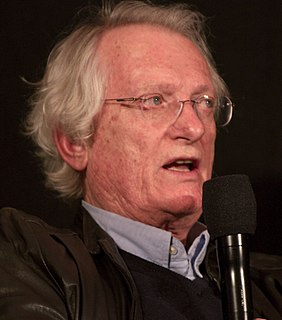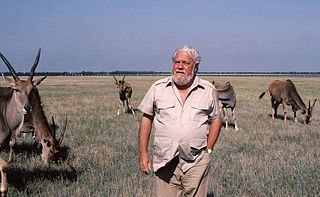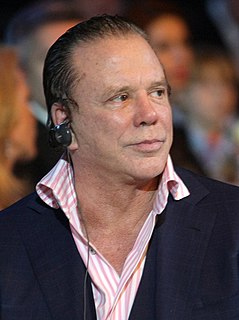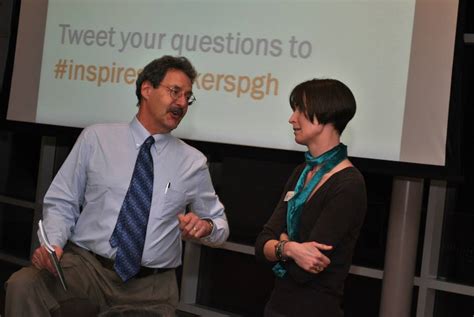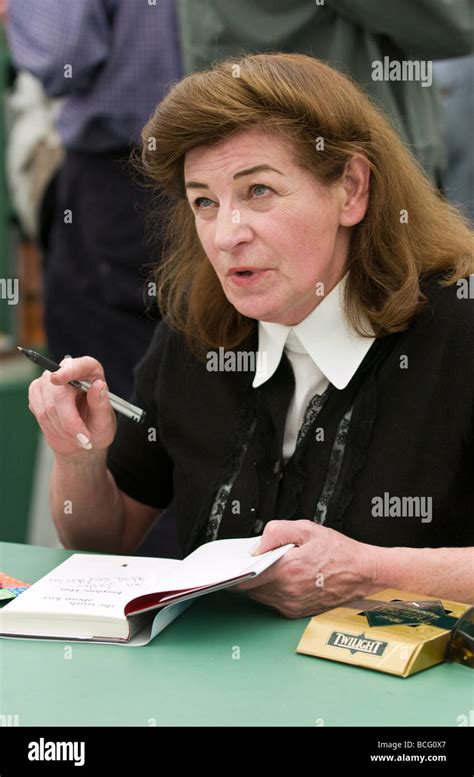A Quote by Cesare Pavese
Childhood is not only the childhood we really had but also the impressions we formed of it in our adolescence and maturity. That is why childhood seems so long. Probably every period of life is multiplied by our reflections upon the next.
Related Quotes
Adolescence is a relatively recent thing in human history -- a period of years between the constraints of childhood and the responsibilities of adulthood. This irresponsible period of adolescence is artificially extended by long years of education, much of it wasted on frivolities. Tenure extends adolescence even further for teachers and professors.
The children's writer not only makes a satisfactory connection between [the writer's] present maturity and his past childhood, he also does the same for his child-characters in reverse - makes the connection between their present childhood and their future maturity. That their maturity is never visibly achieved makes no difference; the promise of it is there.
So much of our early gladness vanishes utterly from our memory: we can never recall the joy with which we laid our heads on our mother's bosom or rode on our father's back in childhood; doubtless that joy is wrought up into our nature, as the sunlight of long-past mornings is wrought up in the soft mellowness of the apricot; but it is gone forever from our imagination, and we can only believe in the joy of childhood.
Dance. Dance for the joy and breath of childhood. Dance for all children, including that child who is still somewhere entombed beneath the responsibility and skepticism of adulthood. Embrace the moment before it escapes from our grasp. For the only promise of childhood, of any childhood, is that it will someday end. And in the end, we must ask ourselves what we have given our children to take its place. And is it enough?
They say that childhood forms us, that those early influences are the key to everything. Is the peace of the soul so easily won? Simply the inevitable result of a happy childhood. What makes childhood happy? Parental harmony? Good health? Security? Might not a happy childhood be the worst possible preparation for life? Like leading a lamb to the slaughter.

